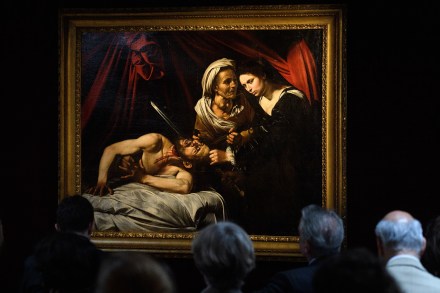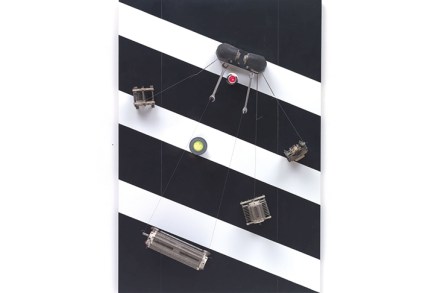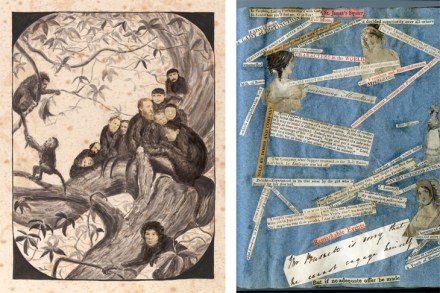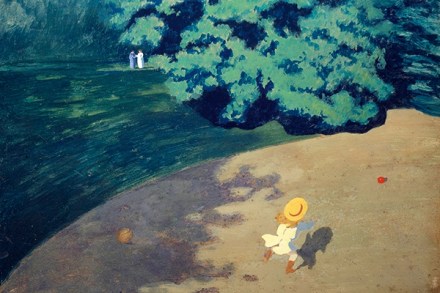Animal magic | 25 July 2019
Equus is a psychological thriller from 1973 which opens with a revolting discovery. An unbalanced stable-lad, Alan, spends his evenings taking the horses out for an illicit gallop. Meanwhile, he’s busy seducing a hot young cowgirl at the farm but his awakening sexuality confuses him. The girl’s erotic nature brings out his closeted gay side and he tries to purge his homosexuality by stabbing six stallions in the eyes. A mopy shrink (Zubin Varla) takes on Alan’s case but finds himself investigating his own troubled psyche instead. Some of the details in Peter Shaffer’s play have dated badly. Alan’s parents are caricatures of nauseating suburban inanity. The mum is a




















